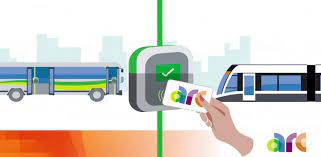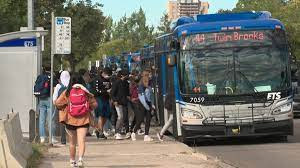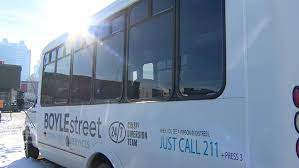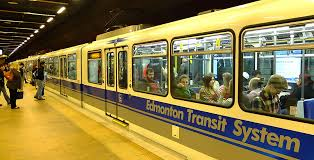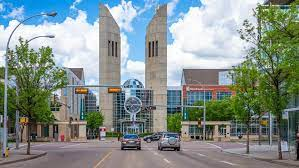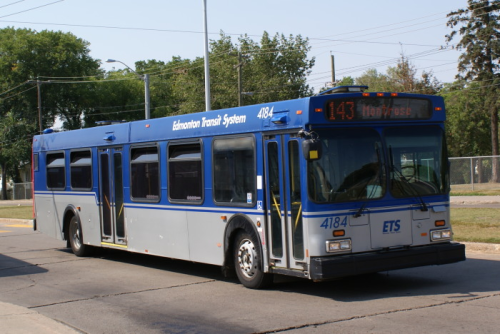Edmonton councillors past and present have grandiose plans for Edmonton Transit but ridership has increasingly fallen short of generating the revenues needed to pay for those grandiose plans. The goal was to have Edmontonians take 50 per cent of all trips by transit or active transportation but ridership decrease to 12% according to the 2021 census. Because of the lack of fund$ ETS is about 260,000 annual service hours short of meeting the city’s transit service standards.
To keep the current levels the city would need $250 million for operating and capital budgets combined. To increase service hours to the city's service standards the city would need $874 million total in operating and capital budgets combined.
To raise that amount the city proposes an annual tax increase and fare increases.
No mention is made to putting a halt to further LRT expansion until current projects are complete and paid for.
#ETS,
Like public transit systems in other cites beginning next week ETS will offer transit users an electronic fare payment system. The electronic system means users will be able to pay their fare with a card rather than having to carry exact change or with paper tickets and passes. These cards will be able to be obtained online, at vending machines located at transit and LRT stations, at in-person service centres and select retailers. Transit riders who use the new electronic card will pay $2.75 for a single 90-minute fare instead of the cash fare price of $3.50 which is a sving of $.75 a fare which adds up for frequent transit riders.
The per-ride price that standard adult fare riders will pay for a single 90-minute fare is $2.75 instead of the cash fare price of $3.50, so this price point is equivalent to our 10-pack of adult tickets,” she added.
How to make it more affordable for young people to take the bus is one of the issues City Council is grappling with. Two considerations are free rides for anyone under twelve and after school bus service to City rec centres. Council has ordered two reports on how that would work and what it would cost taxpayers.
The extreme temperatures brig on a new hardships and needs that Edmonton's growing population of homeless have to contend with. On Wednesday City Council approved a :homeless strategy" that would involve two buses. One of the buses will be an ETS bus that that will move people from central locations to shelters. A second bus operated by Boyle Street, will focus on bringing homeless people outside the city’s core to a place to keep warm and provide survival supplies like blankets and winter clothing.
Last Friday morning a number of students in the Rutherford area were left standing at bus stops as full buses passed them by. Wendy Gillespie, the mother of one of the students who missed the bus contacted ETS and was told fall service with two special school routes would begin today. Time will tell if this solves the bus problem for students.
Student routes are not the only issue ETS has to deal with in the area. Coun. Jennifer Rice, representing Ward Ipiihkoohkanipiaohtsi, said she has heard from area residents concerned about bus service in general.
It's not easy to be a contrarian and go against the main flow but the contrarian role is very important. Although there has been a great importance attached to and investment made in the transit system, the article below questions if it will ever have the positive impact and produce a positive ROI that it was touted to.
Design students from MacEwan University devoted a semester in research and development of solutions that would improve safety and enhance ETS transit users experience. Students drew upon both ETS staff and transit users experience to create practical and workable solutions, some What do you think about the Design students assignment? will be put into use soon.
Providing public transportation requires much planning and a big budget so its understandable that communities around Edmonton would want to work with ETS to create a regional bus network. Many issues need to be addressed and obstacles overcome before a regional bus network becomes a reality so discussions continue among all involved.




